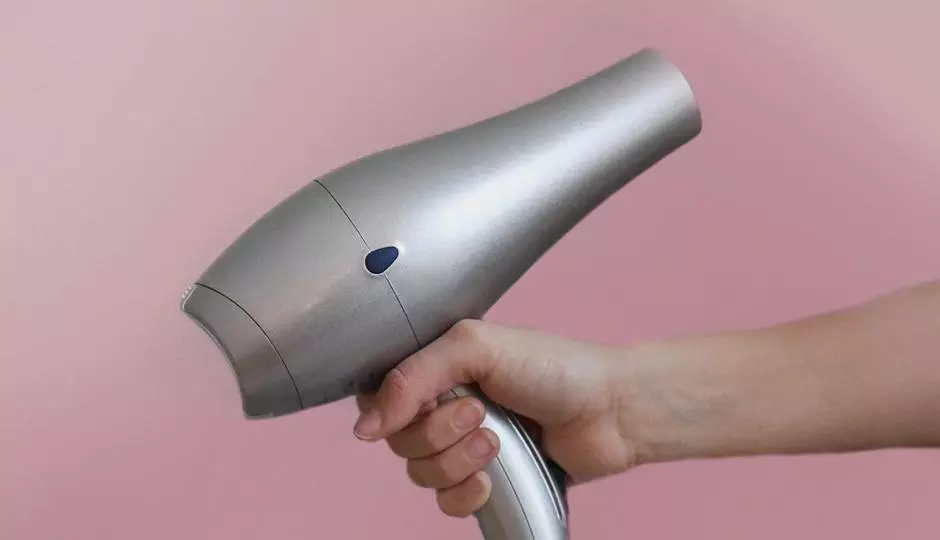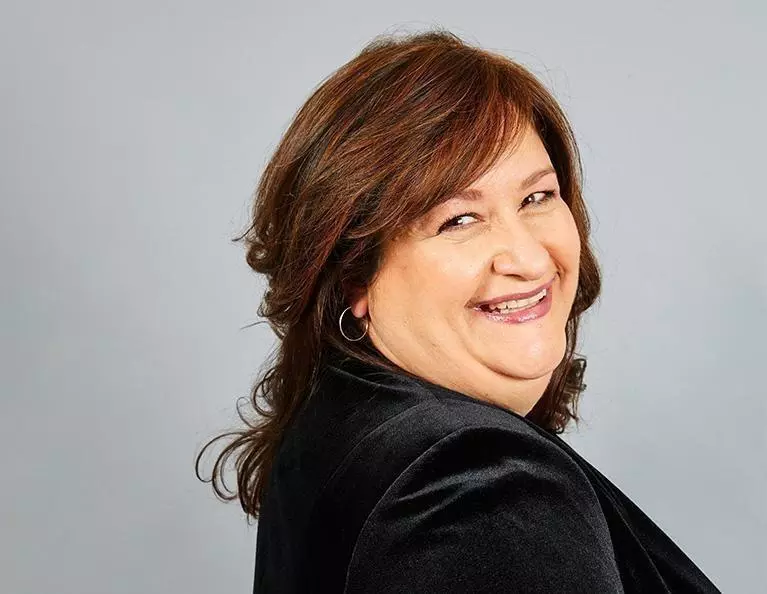For women who are not yet into menopause, it can seem overwhelming and worrisome that they are experiencing hair loss. First, realize that most women will shed hair every day – just like men. You can expect to shed as much as 100 strands of hair throughout any given day. However, some women will experience a higher amount of hair loss. When this happens, it becomes necessary to start asking questions especially if you are younger than age 45 to 50. Why are you losing your hair prior to menopause?
Hereditary Factors Play a Role
Early hair loss can be an indication of a hereditary condition. Some women will simply see the amount of hair they have change as they get older. It is not uncommon for individuals to have naturally thinning hair by the middle of their 20s or 30s. Of course, keep in mind that you are likely to see your hair thinning out without any noticeable changes in specific areas. Many people who are younger have a fuller head of hair while they are younger and experience a natural thinning as follicles change or stop producing hair.
Androgenetic Alopecia
About 30 million women in the United States have a condition called androgenetic alopecia. This is also a hereditary condition causing hair loss and hair thinning. In most of these women, the condition begins to develop in the early 50s, but can occur earlier in life. The condition, also known as female pattern baldness, occurs when some of the hair follicles simply stop producing new hair. The hair that does grow tends to be thinner or a finer quality than that which would be considered normal for the woman. Some women can begin to experience this condition as early as their teens. If you are losing hair prior to menopause, this is one of the most likely causes.
Health Concerns
In many women, hair loss prior to menopause stems from a health condition. Your hair, like every organ in your body, reacts to what is happening within it. Sometimes, the body diverts the attention and energy (as well as nutrients) it usually sends to the organs and cells to fight the problem. When your immune system is working in overdrive like this, it becomes very important for your body to reduce the flow of nutrients to the hair follicles. This can cause a decrease in the amount of hair growth.
A variety of heath conditions can create a reduction of hair growth for these reasons or others. Some of them include:
- Thyroid disorders, those who suffer from hyper or hypo thyroid conditions can sometimes experience a decrease in the amount of hair produced because of the hormone imbalances that occurs.
- Polycystic ovary syndrome, or PCOS, is a very common condition in premenopausal women that can cause hormone imbalances that lead to hair loss.
- Anemia, a condition in which there is a lack of iron in the body, can cause hair loss especially when it is severe.
- Skin conditions such as seborrheic dermatitis and psoriasis can be common causes of hair loss and hair thinning in women.
- In addition to these factors, the events of your life and the changes in your body can also impact how your hair grows. In premenopausal women, significant changes in weight can trigger hair loss. If you are pregnant, you are likely to see a significant change in hair loss. In this case, it will likely revert back to your normal hair growth once your pregnancy hormones have shifted. In some cases, extreme stress can cause a sudden loss of hair. So can having surgery or suffering an illness in a short period of time. If you are taking in too much Vitamin A, you can expect the same type of results.
There are many reasons why you may see your hair thin out even at a young age. In these cases, it is important to talk to your family doctor first and then a hair professional about why this is happening and, perhaps most importantly, what can be done about it. Many women can see changes and improvements with changes to the underlying cause of the hair loss. To learn more about hair loss prevention treatments and hair replacement options for women, contact the team at Unique Hair Concepts for a free, private consultation.






